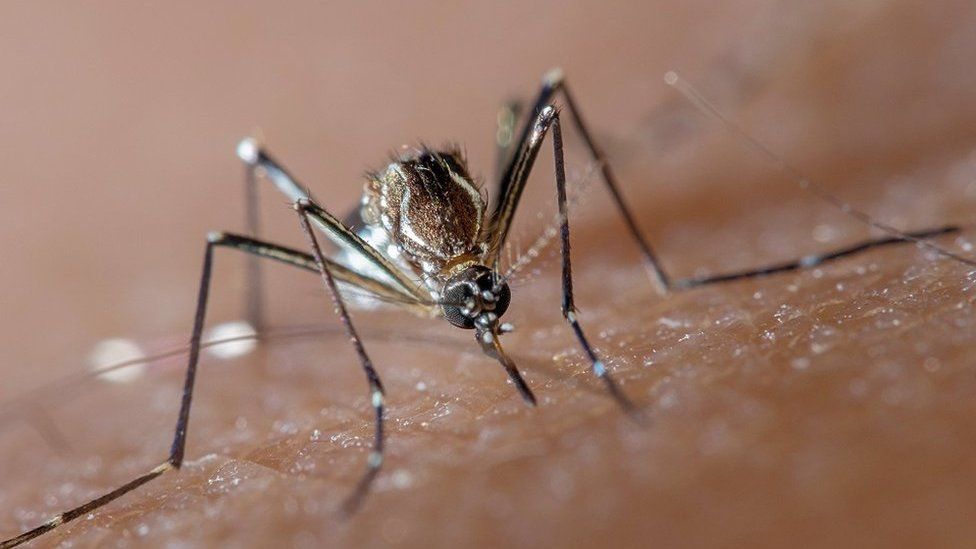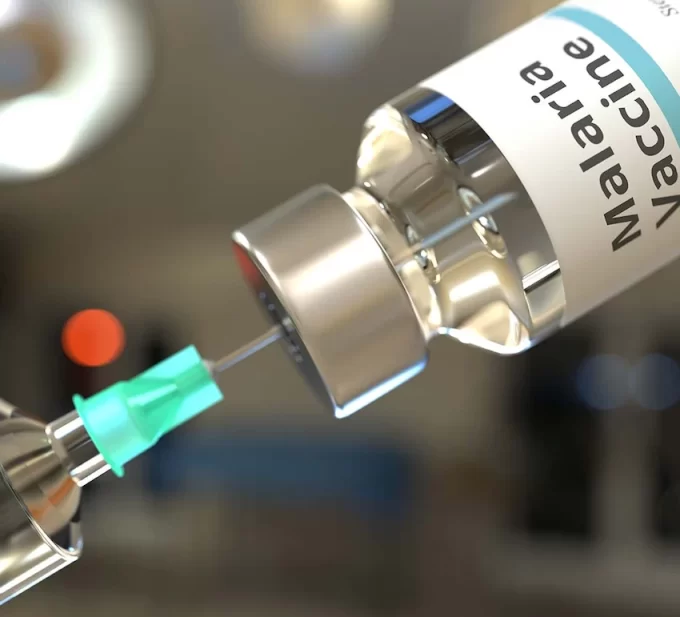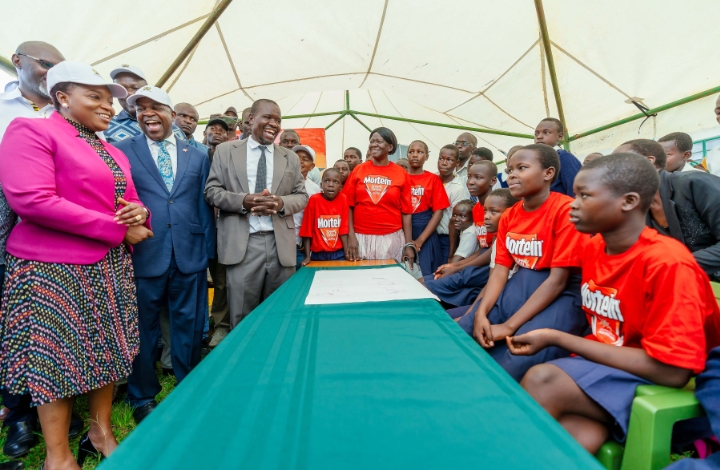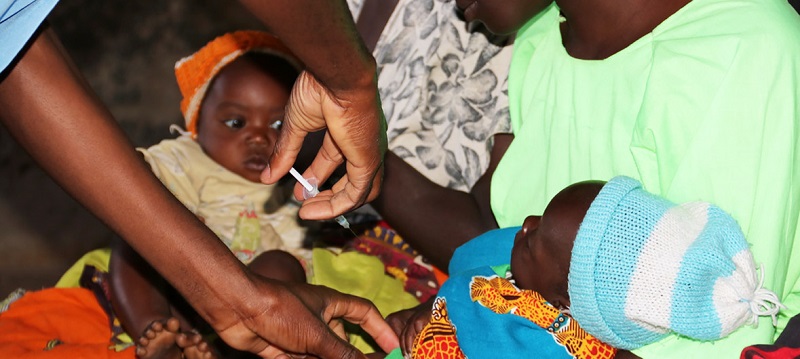SC Johnson and the government of Kenya have announced a new public-private partnership in the fight against malaria.
The initiative builds on the company’s 10-year path to develop and distribute low-cost, long-lasting spatial repellent products that can join widely used interventions like mosquito nets and residual spraying to combat the deadly mosquito-borne disease.
As part of this mission to give back, SC Johnson and Kenya are giving the company’s two innovative spatial repellents, Mosquito Shield and Guardian, to at-risk populations through global public health partners at no cost. The initiative comes as the company is in the process of obtaining World Health Organization policy recommendations for the two tools – a catalysing action point that would accelerate critical partnerships and funding in support of large-scale distribution efforts.
SC Johnson Chairman and CEO Dr Fisk Johnson and President William Ruto met and announced the company’s commitment of more than USD 10 million (Ksh1.3 billion) to advance the distribution of spatial repellents, fund malaria prevention education and build new health clinics in rural Kenyan communities. New manufacturing capacity will come from SC Johnson’s Nairobi facility with a goal of producing enough supply of spatial repellents to reach 17 million people in East Africa annually.
“The past few years have demonstrated the importance of Public Private Partnerships in building resilient healthcare systems. My Government and I are committed to ensuring that we attain a healthier and safer country and region that is free from malaria. To achieve this, we are cognizant of the fact that there will be a need for new investments, strategic partnerships across different sectors, the need for innovative technologies and advancements that will scale up disease prevention, surveillance, early detection and warning systems,” Ruto said.
“Over and above setting up the right mechanisms for our health care system, this commitment to invest in local manufacturing is a testament to our Kenya Kwanza government promise of boosting industrialization and creating new job opportunities,” he added.
Beyond the benefit to public health initiatives in Kenya, the manufacturing of Mosquito Shield and Guardian spatial repellents will create at least 150 new jobs in Nairobi, continuing the U.S.-based company’s long-standing presence in Kenya. Local manufacturing will begin this year, with a goal of reaching at-scale manufacturing of Mosquito Shield and Guardian in 2024.
SC Johnson’s investment also includes USD 1 million (Ksh135 million) to partner with End Malaria Council Kenya to develop malaria prevention education programming, distribute Mosquito Shield and Guardian spatial repellents through community health workers and clinics, and build new community health clinics to provide vital health services in some of the country’s rural, most hard-to-reach areas.
“This new partnership between SC Johnson and the Government of Kenya is an important next phase in our continuing efforts to help eradicate malaria,” said Fisk Johnson, the Chairman and CEO of SC Johnson. “Through public-private partnerships like this one, SC Johnson is able to contribute to life-saving initiatives by leveraging our resources, expertise and decades-long work to develop and distribute low-cost, effective spatial repellents. As we await a WHO policy recommendation, we want to share those capabilities with the Kenyan people and the continent of Africa in earnest, so more people and families can be saved from the scourge that is malaria.”
Due to widespread insecticide resistance, increasing populations in the East African region and plateauing levels of funding, malaria efforts have stalled in various countries. This has disrupted health programs, including essential services and supply chains, putting further strain on the fight against malaria.
Statistics from the Kenyan Ministry of Health show the country has been able to reduce the burden of malaria by at least 50 per cent over the last decade, from a prevalence rate of 11 per cent in 2010 to six per cent in 2020. However, even with these promising results, Kenya also has seen progress slow.
The new community health clinics SC Johnson has committed to building in Kenya will help address malaria as well as other health issues like HIV/AIDS, family planning, nutrition and access to clean water. Since 2018, the company has established 70 clinics globally across Rwanda, South Sudan, and Indonesia, serving more than one million people annually.
Read: SC Johnson Partners with Uber in Battle for air freshener market share
>>> Mortein Pushes For Tech Innovation To Fight Malaria













Leave a comment